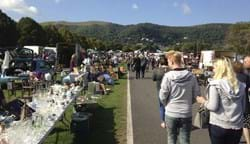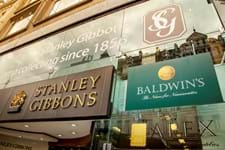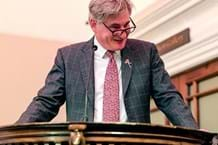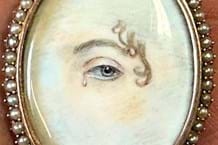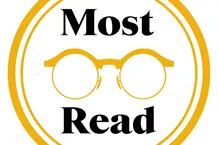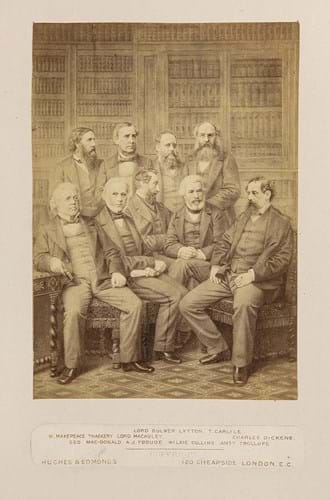
A composite image printed by Hughes & Edmonds featuring authors such as Charles Dickens, Lord Bulwer Lytton, Thomas Carlyle, William Makepeace Thackery, Lord Macauley, George Macdonald, AJ Froude, Wilkie Collins and Anthony Trollope.
The hunt has been launched by the museum and the society to coincide with its exhibition Mutual Friends: The Adventures of Charles Dickens & Wilkie Collins which runs at the museum in Bloomsbury until April 21. The exhibition also coincides with the 200th anniversary of Collins’ birth.
Collins (1824-89) was a good friend of Dickens (1812- 70) and they collaborated on books and plays together and moved in the same social circles for many years, writing to each other for decades.
The coveted book was Collins’ own copy of John Forster’s The Life of Charles Dickens, which Collins had annotated in his own hand. The comments reveal he did not hold back on critiquing his friend’s work. He noted that Barnaby Rudge was the “weakest book that Dickens ever wrote”, that The Mystery of Edwin Drood was “the melancholy work of a worn-out brain” and Oliver Twist had “helplessly bad construction”. There were more complimentary notes too, though.
The annotations are known due to an article in an issue of the Pall Mall Gazette on January 20, 1890 previewing the auction at Puttick & Simpson that year.
However, tracing the book further has proved difficult.
On the hunt
Paul Lewis, BBC journalist, editor of Collins’ letters and secretary of the Wilkie Collins Society, has been on the hunt for clues.
He has discovered it was purchased from the auction by book dealer Quaritch on a personal commission for William Barclay Squire who worked in the music department of the British Museum.
Following this it may have passed to his sister, Charlotte Elizabeth Fuller Maitland, and then her husband John Alexander Fuller Maitland, and could then have passed to Robert Contaut de la Condamine, who died in Switzerland in 1966, and Guy Alexander Fuller Mailtand who died in London in 1953. After this, any trail goes cold.
Lewis told ATG: “I have researched the ownership pattern of the book but it runs into sand. It may have been destroyed but there is a small chance it is out there. It could be languishing in someone’s library and they may not know its significance.”
Lewis believes the book probably had a note at the front that it was Collins’ copy.
However, he added: “Forster’s biography of Dickens isn’t the most desirable book in the world so owners may not have realised the importance of Col ins’ annotations.”


